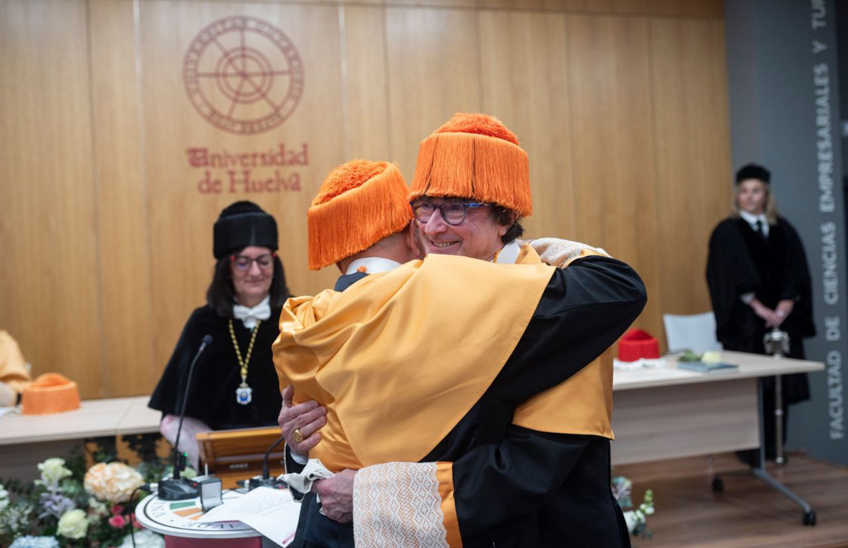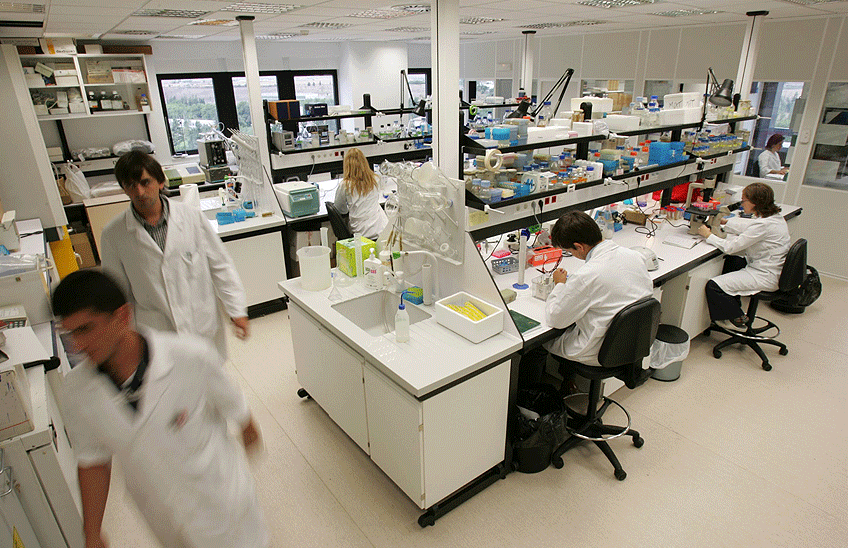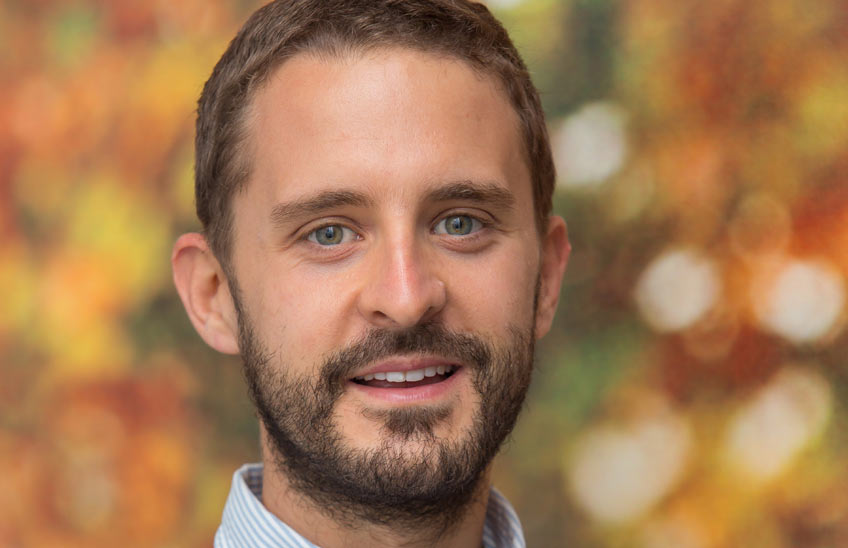The common good cannot be reduced to economic growth, much less to the prosperity of a few.
This was emphasized at the University by President María Chivite and president María Iraburu at the opening of the international congress "The Roads to Development".

PhotoManuelCastells/The president, María Iraburu, the president of the Government of Navarra, María Chivite, the Nobel award winner Joseph E. Stiglitz and the U.S. economist Jeffrey D. Sachs, together with other speakers and organizers of the congress.
20 | 10 | 2025
"The common good cannot be reduced to economic prosperity, much less to the prosperity of a few," said the president of the University of Navarra, María Iraburu, during the inauguration of the congress Development. Work, Markets and Institutions. "Economic growth is not enough to measure welfare and prosperity", and it is necessary to move towards a concept of integral and human development , which takes into account "health, Education, care for the environment and the quality of our institutions and companies", said the president of the Government of Navarra, María Chivite.
Both agreed on the need to move towards comprehensive and sustainable development , the topic the congress that will bring together 450 people, including academics, experts and institutional representatives from different countries at the University of Navarra Museum. The speakers, including Joseph E. Stiglitz, Nobel award in Economics, and Jeffrey D. Sachs, intellectual architect of the UN SDGs, will address issues such as the role of work in global progress, the challenges of inequality, ethics in Economics and the social transformations resulting from digitalization and sustainability.
The President of the Government stressed the need to "find a broader vision of development, based on shared ethics and the common good", and highlighted the importance of connecting different disciplines and knowledge "with a common goal : to better understand our world and build together answers to the great global challenges". He also stressed the value of the partnership between academic institutions and public administrations to advance the quality of life and well-being of people: "The Government of Navarra works in network with the different social, economic and academic agents to support and promote the quality of life of those who live in this community," he said.
María Chivite also valued the role of the University of Navarra as "a space for reflection and meeting, where the big questions that help to guide development towards the common good are posed".
The congress, organized with the support of the Government of Navarra, through Sodena, is part of the University of Navarra's commitment to promote interdisciplinary dialogue on major social challenges. At the opening of the congress, the president stressed that the university must "dialogue with the questions and problems of society" and "constantly renew its commitment to the common good". María Iraburu insisted that the University must be a space for dialogue, openness and scientific rigor, "far from passivity and ideological positions that limit the freedom of research".
Cooperation between disciplines, nations and generations
U.S. economist Jeffrey D. Sachs, who was the creator and first director of the Center for Sustainable Development at Columbia University and special advisor to the United Nations, gave the first keynote lecture at the congress. In his speech, he stressed that the world is facing a confluence of economic, social and environmental crises that require "a shared vision and coordinated action among countries, institutions and academic communities". He also stressed that the concept of sustainable development "continues to be the most complete roadmap for building a just, prosperous and planet-friendly future.
The Columbia professor explained that the SDGs "represent the future we want": a model based on four pillars -economic prosperity, social justice, environmental sustainability and international cooperation - and reminded that their fulfillment "demands responsibility, ethics and global leadership".
He also warned of the need to strengthen multilateral institutions and "regain confidence in science and Education as engines of human progress. In his opinion, the current challenges -from the climate crisis to the technological revolution or inequality- can only be faced "through cooperation and dialogue between disciplines, nations and generations".



